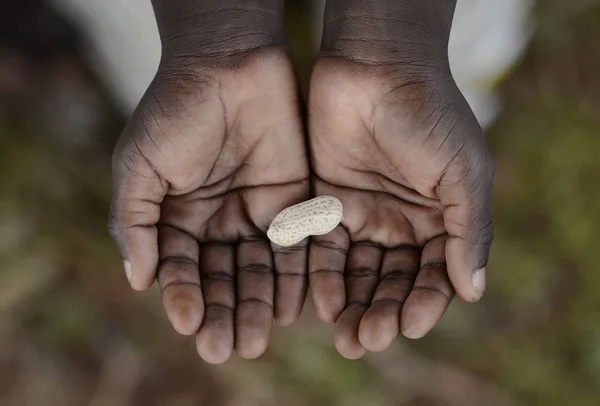Malaria is one of the diseases that are endemic to Nigeria. Spread by the female Anopheles Mosquito, Malaria is a very deadly disease that kills hundreds of thousands of people all over the world each year.
A 2022 report from the World Health Organisation (WHO) stated that Nigeria accounted for 31.9% of global Malaria deaths in 2021, which is a very huge figure. Malaria in Nigeria is indeed a serious problem.
While malaria could be fatal, it does not always lead to death. In fact, many people recover from malaria in a few days after getting it. This is due to the drugs and cares they receive while ill.
In today’s post, we would be looking at ways to take care of malaria patients. Read on find out how to take care of a malaria patient.
First Get A Diagnosis
Before anything else, it is important to get a proper diagnosis to confirm if truly the person is suffering from malaria. Some of the common symptoms of malaria include fever, fatigue, rising temperature, and so on.
A person may exhibit these symptoms without having malaria. So it is important the person goes to a pharmacy or clinic to get a test done to confirm whether or not they have malaria. Don’t just assume that the person has malaria. Rather, go for a medical test to ascertain the exact illness.
Get The Right Medication
Once it has been confirmed that the person has malaria, what you should then do is buy a good malaria drug for them. And the only way to make the right decision is by consulting with a pharmacist.
It is not advisable to get malaria drugs from an ordinary store or from someone who is not a licensed pharmacist. Only a licensed pharmacist is in the position to prescribe you the right malaria drug to buy.
Give Them Nutritious Foods
Although it is quite common for people who have malaria to reject food, you should still make sure that they eat something at least three times a day. Fever makes the body burn food fast, leading to an increase in calorie consumption. Even though the person may not feel like it, they need to eat well. What you can do is try your best to get them to eat.
Make sure you give them foods that are high in nutrients, including carbohydrates like rice and oats. Let them also eat more protein like meat, egg, and milk. They should also increase their fat consumption during this time as well. Include vegetables and fruits in their diet as well.
Supplying the body with the essential nutrients would help the body fight the disease better and would also allow the medication to do its work properly.
Increase Fluid Intake
People with malaria tend to lose fluids at a very fast rate. So it is important that they get enough hydration throughout the day, not just when it is time to take drugs.
Ensure that the malaria patients drink enough water regularly. They can also eat soups or eat fruits that have plenty of water, like cucumber or watermelon.
Always Remember The Medication
Make sure the person takes their medication at the right time. Some medications may be taken twice a day, while some may be taken three times a day. Make sure they take their medication at the appropriate time. Also, make sure they take the appropriate dosage, as prescribed by the pharmacist. There are several ways to help them remember to take their medicines.
Do not stop medication even if the person appears to have healed after some day. Always take the medication to the last dosage.
Let Them Sleep Under A Mosquito Treated Net
Someone with malaria must sleep under a mosquito-treated net to prevent further bites from a mosquito. They can prevent recurrent malaria by sleeping in a mosquito net, and avoiding mosquito bites, while currently treating malaria.
Conclusion
It is important to properly know how to take care of a malaria patient. Instead of self-diagnosing and doing what seems right, you should follow the appropriate steps to ensure that the person fully recovered from malaria.
ALSO READ:
- How To Protect Your Baby From Malaria
- How To Protect Your Early Pregnancy
- How To Protect Yourself From Secondhand Smoke
- How To Protect Yourself From A TB Patient
- How to Protect Your Baby From Measles
Collins Nwokolo is a human physiologist, writer and health enthusiast. He loves writing helpful articles on health and fitness, which he enjoys sharing with everyone.









